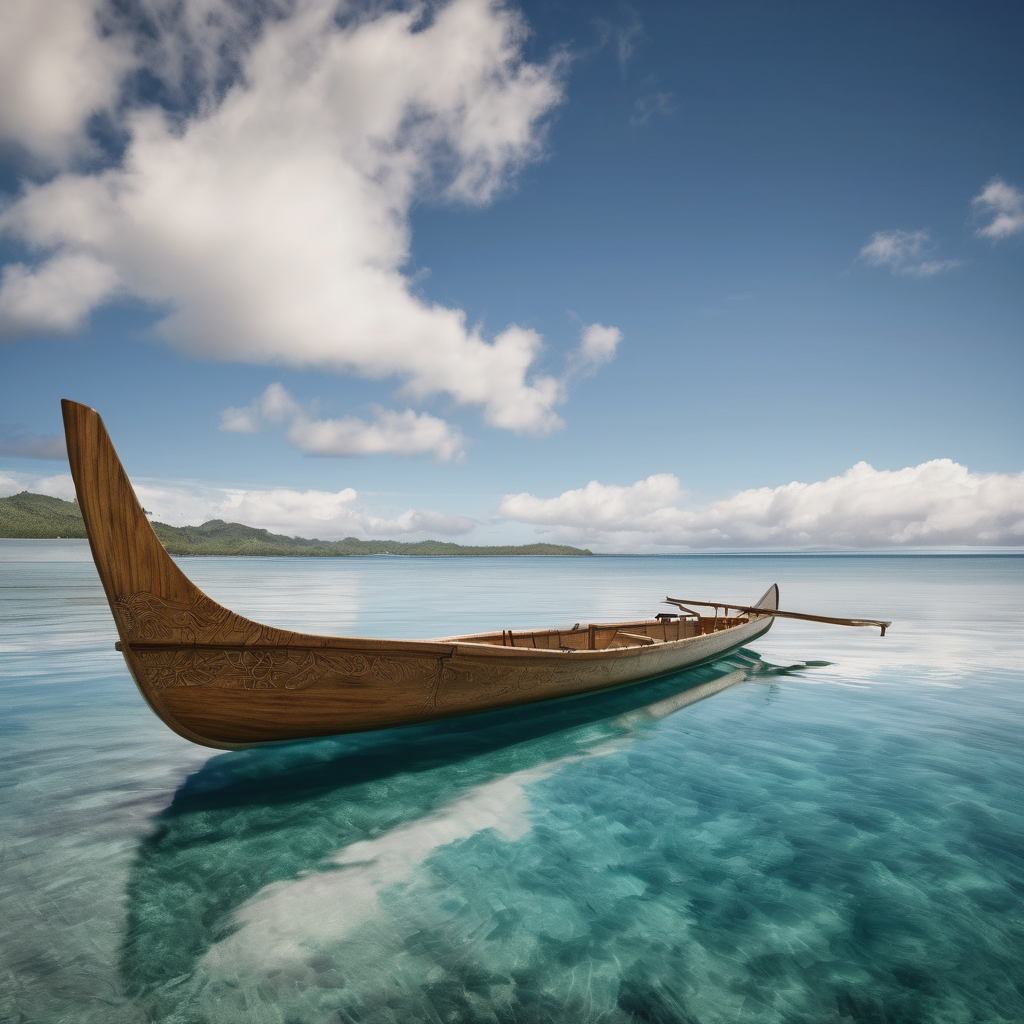Recent developments in Pacific diplomatic relations highlight a growing pattern of dependency on influential global partners to safeguard regional interests. Professor Robert Patman of Otago University notes that the strategic positions of Pacific Island nations reflect a significant reliance on powerful allies, with recent actions underscoring this trend. For instance, Fiji’s decision to open an embassy in Jerusalem illustrates its alignment with stronger global powers such as the United States and Israel, countries that have been pivotal to its diplomatic maneuverings.
At a United Nations session on September 12, Pacific countries including Nauru, Micronesia, Palau, Papua New Guinea, and Tonga voted against a resolution supporting a two-state solution for Israel and Palestine—a stance that signifies an alignment with U.S. and Israeli positions. This position may be influenced by historical ties and substantial military aid from the United States to Israel, amounting to USD $3.8 billion annually in aid and cooperative defense programs.
The establishment of Fiji’s embassy in Jerusalem has sparked controversies and criticism from various quarters, including religious and humanitarian organizations concerned about human rights violations and the broader implications for international law. Fijian Prime Minister Sitiveni Rabuka, however, defends the decision as part of a long-standing commitment to neutrality, peace, and international engagement. Despite this assertion, the Pacific Council of Churches and other critics argue that such moves could undermine regional credibility in advocating for human rights globally.
New Zealand’s stance towards the Israeli-Palestinian conflict has also attracted scrutiny. Foreign Affairs Minister Winston Peters announced New Zealand’s support for the United States’ Gaza Peace Plan while refraining from recognizing Palestinian statehood immediately. This position has received mixed reactions, with some viewing it as aligning too closely with U.S. policies, potentially impacting New Zealand’s image as an independent diplomatic actor.
While geopolitics in the Pacific becomes increasingly complex, these diplomatic moves reveal an overarching theme: Small Pacific nations, constrained by resource limitations, often turn to global powers for support and security. This dynamic inevitably influences their international policy decisions, reflecting a balancing act between upholding regional values and ensuring their national interests within the global political landscape.
The current situation presents both risks and opportunities for the Pacific. While there is a danger of being perceived as siding with contentious global powers, there also lies a chance to redefine diplomatic relationships by advocating for both peace and strategic cooperation. In the end, Pacific nations may find a way to navigate these challenges by aligning themselves with broader international norms and leveraging their unique positions to foster peace and stability in the region.
